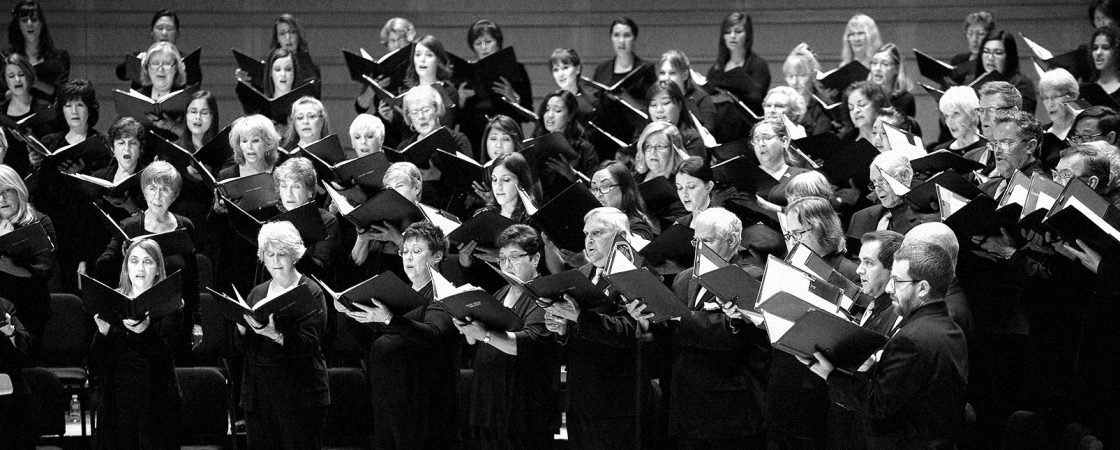You should just visualize it. It’s now evening. And tonight, you are going to attend one of your local classical music concerts or piano recitals. You get seated on the seat allocated to you. The artist comes on stage in a ridiculous costume (obviously a white tie and tails), and he might even appear to be asking why you people are there as he goes towards his piano. This is a situation that has played out many times in the past. He will maybe first play a Beethoven Sonatas’ first movement. And then only you in the audience will clap… Now the whole of the sold-out audience begins to stare at you just as if you have committed a crime! And after the concert ends, you cannot pronounce the composer’s name correctly… oh dear!
Relevant questions
Firstly, who actually made the rules concerning the recital etiquette? Secondly, is it any surprise that the classical music industry has among the smallest clientele? The first question, in most people’s opinion, is a major factor concerning how classical music can seem somewhat off-putting.
A good example of a person that throws these outdated rules away for the better is an individual called James Rhodes, a great pianist who also believes that the representation of classical music should be updated or changed to the more interactive, modern world. When one thinks he’s good enough to give solo concerts, he should certainly use Rhodes’ approach because it is up-to-date with our 21st Century society. This is applicable to even a choir concert Los Angeles.
The other judgment
One other judgment that people used to have is an image that normally accompanies classical music. Before people become aware of anything about music, the image that came to their mind when ‘classical music’ got mentioned was a portrait of Mozart or Bach. One doesn’t know about you, but that image could come across as being quite ‘nerdy-ish’ and a bit snobbish, which is another factor why individuals, particularly the young ones, are drawn away from this form of art.
Introductions to classical music
Now, this might appear to be odd, but the majority of individuals aren’t introduced to classical music via classical artists, but rather through contemporary classical composers (one other ‘oh dear’ moment). Now you might actually be thinking that isn’t classical music harmonically simple and technically easy (which admittedly is quite true, the hardest piece from some composers would most likely be at about a grade 6 level – ABRSM) but it is this ‘dipping in to the end that’s shallow’ that enables some to become stars). Even presently, though listeners might play all pieces they normally hear with eyes shut, still they do, as it deserves their respect (and it is still an efficient antidepressant, i.e. it always makes their day).
Classical music concerts should not be taken as a snobbish, nerdy genre, but a fantastic music category just like others. Do not be afraid of jumping out of the crowd, listen to whatever passes your ‘hairs on the back of the neck test’ and do not bother about others’ opinions as you live just once, make the most possible of it!


